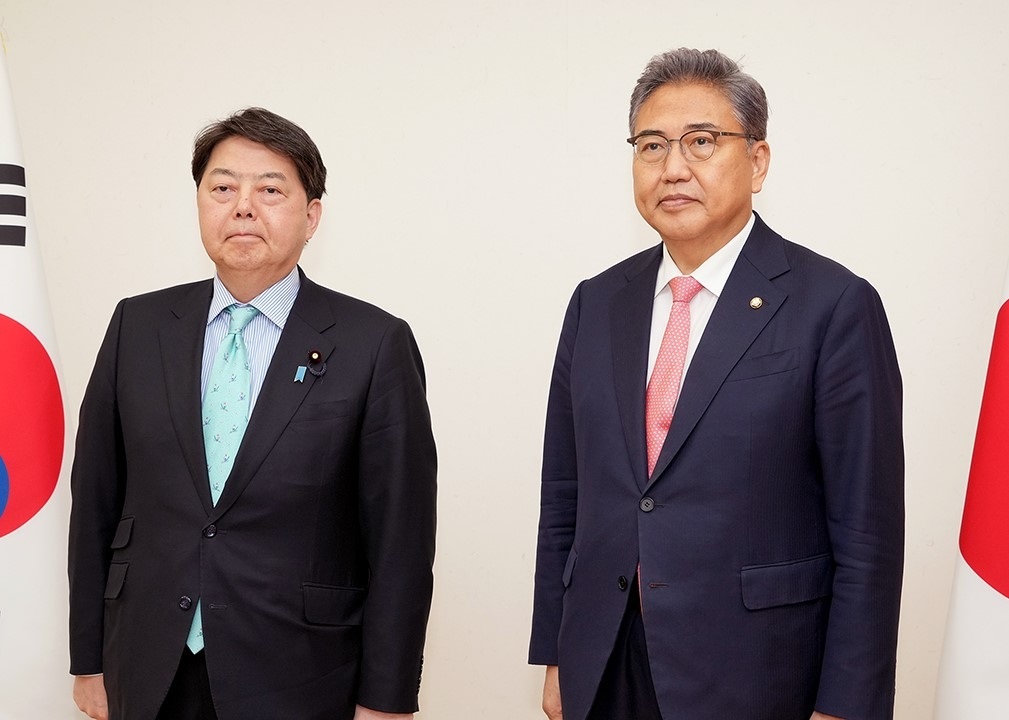The Peninsula
2022 in Review: Opportunities and Perils in Korea-Japan Relations

This is the second piece in a series looking at how the issues identified in KEI’s annual “10 Issues to Watch for on the Korean Peninsula” series and other issues of note developed in 2022. The original “10 Issues” piece can be found here.
As we enter the new year, Korea-Japan relations seemed poised for a return to cooperation after a period of dysfunctionality and tension, with an opportunity for even more dramatic improvement in ties. The Yoon administration has been determined to restore relations, citing the benchmark of the 1998 summit between Kim Dae-jung and Prime Minister Obuchi Keizo. The efforts to reverse the downturn reaped some success in the resumption of personal diplomacy, most notably between the two foreign ministers and senior officials but also a short, but important, leaders meeting on the sidelines of the ASEAN gathering in Cambodia in November.
Progress towards the more ambitious goal has been slowed by the ongoing issues of wartime history, in particular the attempts to find a solution to the problem of compensation and justice for Korean forced laborers. At this writing quiet negotiations on a solution that would meet the demands of the victims and pass political muster in both countries are continuing, with reports that the gap between the two governments is closing. Officials hope to use an existing South Korean fund for forced laborers to offer compensation from both Korean corporations that received Japanese funds from the 1965 normalization of relations agreements and from Japanese firms whom the Korean courts have held liable to pay compensation to those who worked in Japanese mines and factories during the wartime period. But any agreement must survive political challenges from within — both President Yoon and Japanese Prime Minister Kishida Fumio are likely to face significant political opposition to any potential agreement.
Meanwhile, in the realm of security and economic relations, Korea-Japan relations are clearly on the upswing. Both governments share a common approach to the threat posed by North Korea’s upswing in missile testing, including long-range missiles very deliberately flown over Japanese territory. And Korea and Japan share a common interest in finding a balance between demands to join restrictions on the flow of high technology to China and the reality of their ongoing economic integration with China.
The prospect of an imminent new nuclear test has brought Korea and Japan into tightened security coordination with the United States. The trilateral statement issued after a November meeting of Presidents Biden, Yoon and Prime Minister Kishida Fumio in Phnom Penh went well beyond previous commitments for coordination, not only towards North Korea but extending to regional architecture, economic security, critical technology and supply chain resilience. The statement hinted at possibly tighter security ties to shore up extended deterrence, including sharing of North Korean missile warning data in real time.
Despite these opportunities, the coming year will also test the ability of both governments and their publics to sustain progress toward much needed normalization of relations. The perils of politics, and the continuing weight of the past, counsel caution.
Daniel Sneider is a Lecturer in East Asian Studies and International Policy at Stanford University and a KEI Non-Resident Distinguished Fellow. The views expressed here are the author’s alone.
Photo from the Ministry of Foreign Affairs of Japan.
